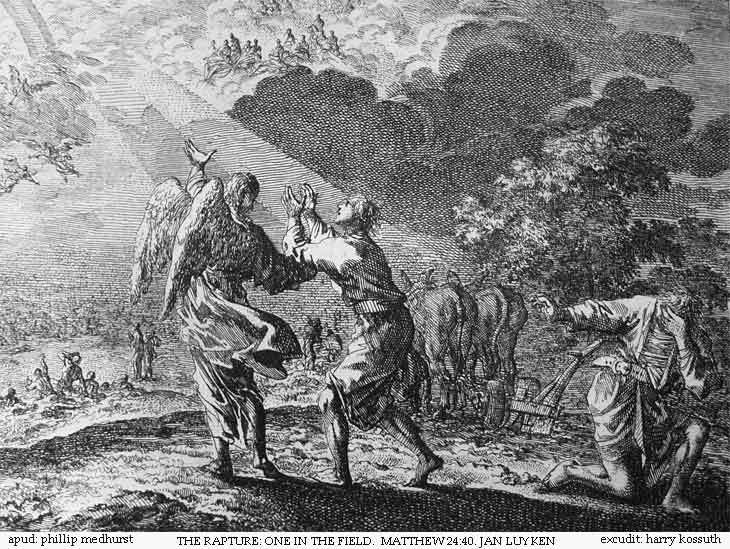This week's reading is another reminder that no one is perfect. Think of any of your friends -- and chances are very high that they have sinned against you, and you have sinned against them. And then think about how the two of you react. Do you get over the sins and get on with your friendship, or do one of you (or both) let it fester and allow it to tear apart your friendship?
From this week's reading:
I, the Lord, will forgive whom I will forgive, but of you it is required to forgive all men. (D&C 64:10)
The message is clear: we should be forgiving -- no matter what. I try my best to forgive, but I'm not always successful.
I find it hardest to forgive someone who just won't repent. You may know the type. They're always right. They refuse to apologize, but it's really "you" who sinned. They're angry at you no matter what you say. And when you do apologize, they rub it in your face and sometimes capitalize on your "weaknesses." I've even had people say to me that my sincere apology is fake -- full of flowery words. And then I realize that they just generally hate me and they somehow need that hate. How do you forgive these types of people? I usually end up letting them drift away and eventually forget about them.
Also, we humans are built with this thing called "memory." It's a very useful tool in our day-to-day survival. If we can remember what hurts us, we can learn to avoid those situations and avoid further hurt. This seems counter to forgiveness. Because if someone stabs us in the back, it becomes very hard to trust that person anymore. It would seem wisdom not to associate with that person anymore.
But here's the rub -- in Jeremiah 31:34, the Lord says: "for I will forgive their iniquity, and I will remember their sin no more." So, sometimes -- yes, if we truly forgive someone, it would include forgetting as well -- sometimes realizing that we could be opening ourselves to more hurt later on.
In watching the Lord of the Rings trilogy this past week, I'm reminded by all the Christian overtones (and surprisingly, a lot of "Mormonism" as well). Gandalf tells Frodo to have mercy on Gollum, as the monster halfling (Gollum) still had a part to play. And throughout the story, Frodo forgives Gollum several times, while Sam is slow to do so. At one point (as Jackson presents it), Sam's lack of trust helps to push Gollum back over to the evil side. Frodo's forgiveness allows for a favorable ending.
Also, I noted how someone of Rohan says "Why should we help Gondor when they didn't come to our aid?" But they ride nonetheless. Again -- forgiveness saves the day.
People often equate forgiving someone as being freed of chains. That is -- we bind ourselves when we choose not to forgive. And I can testify -- that hundreds, if not thousands of times, I have forgiven many -- sometimes the same person several times, and the vast majority of the time, it works out much better for the two of us.
Because ... when it comes down to it ... nothing's more important that our interactions with other people as we help each other throughout life.
So -- think about it -- is there someone you know who needs your forgiveness? Can you find a way to forgive them, and free yourself?
What are your thoughts?


